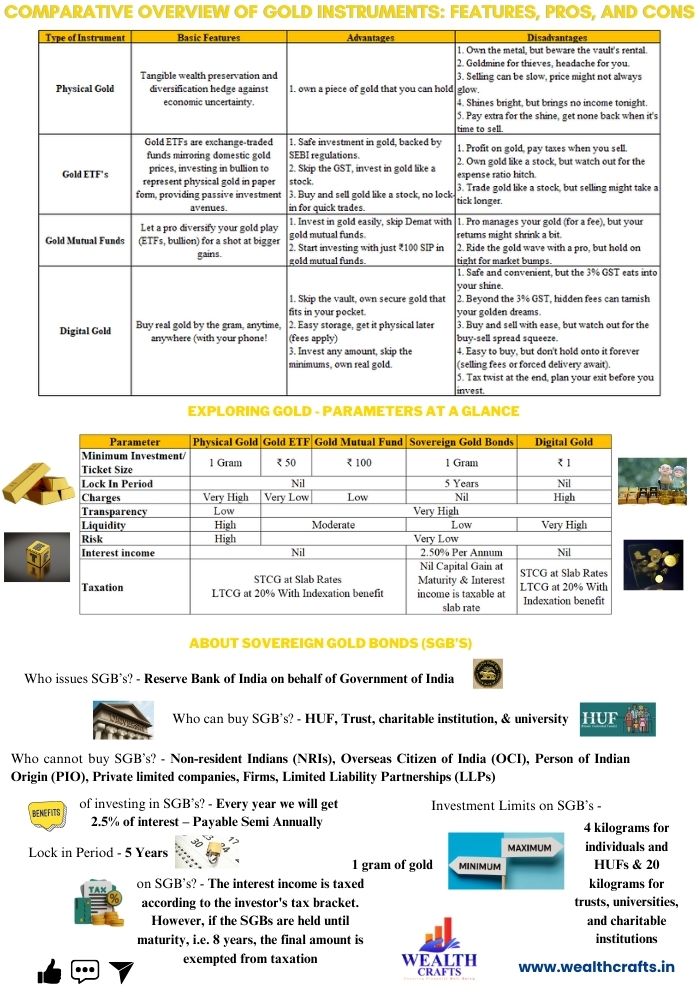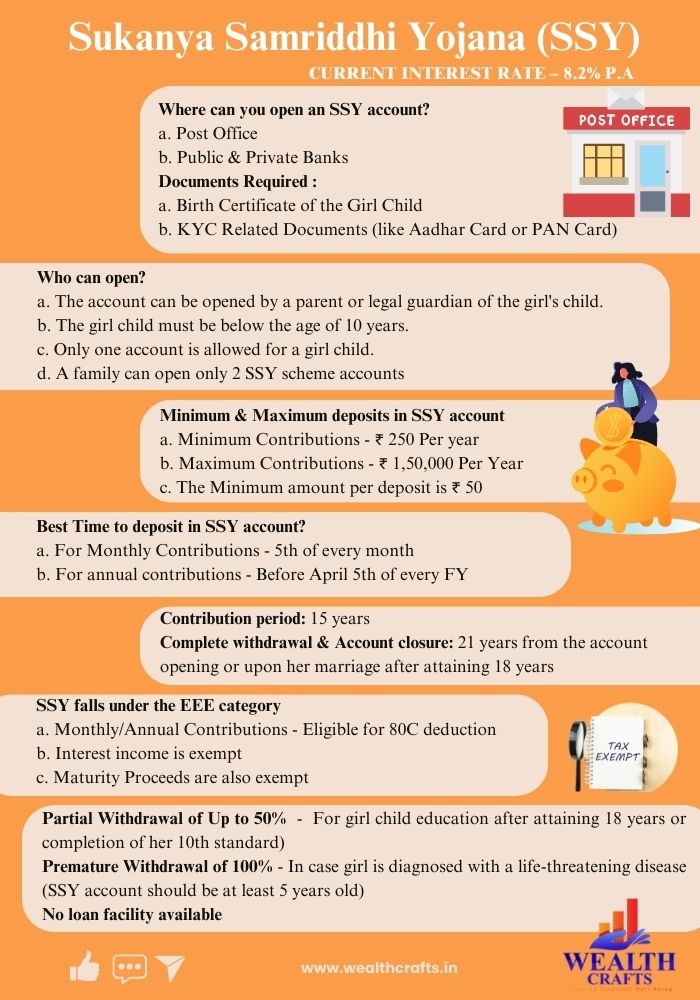Investing to secure your financial future is on your mind, but, you are likely to get overwhelmed to choose between the various investment instruments available. Among the popular instruments are bank FDs, Stocks, mutual funds and ETFs. Index funds and ETFs have similar characteristics and might look same. However, there are a few major differences and how they operate. Understanding these differences will you choose the instrument that is suitable for your situation.
Exchange Traded Funds – ETFs
There are different types of ETFs like currency ETFs, commodity ETFs, Bond ETFs and Stock ETFs. A few unique features are as below;
- Exchange Traded Funds or ETFs as their name suggests are traded on a stock exchange. These are passively managed funds that replicate an index.
- ETFs are traded at different prices through the day, based on the demand and supply for the particular ETF. This allows for real time pricing of your investments.
- ETFs invest in various instruments like commodities, stocks, bonds or any combination of these.
- There are some liquidity concerns for ETFs currently in India. More often, few investors have had to pay a premium when wanting to buy large quantities. While others have had to settle for a lesser value on the sell side.
- No fractional units are allowed for investments. This can deter a few people from investing due to higher minimums.
Index Funds
An Index Fund is a mutual fund that aims to track a Benchmark Index. A few features are;
- Index funds can be directly purchased from the mutual fund company and one does not require to open a separate demat account for this purpose. This helps you avoid costs associated with operating a demat account.
- Index Funds are more tax efficient, if you want to create different buckets for different time periods. Unlike ETFs where First In First Out accounting can increase your taxability, you could create different folio’s in Index Funds, one for short term and another for long term and achieve tax efficiency.
- The biggest advantage of index funds is that they allow for same day settlement when you want to initiate inter fund switches. During extreme market volatility, this helps you move your investments from equity to debt on the same day.
- Index funds have lower expense ratios compared to actively managed funds.
While it’s very difficult to choose one over the other, the major advantage Index Funds over ETFs currently in India is that of Liquidity. It is prudent to invest in instruments that suit your profile and time horizon. Consult a fee-only SEBI Registered Investment Adviser to understand how these instruments can help you create wealth and achieve your financial goals.
Book a Free consultation call with a Fee Only Financial Planner today to understand how you can benefit from these instruments in your portfolio.




